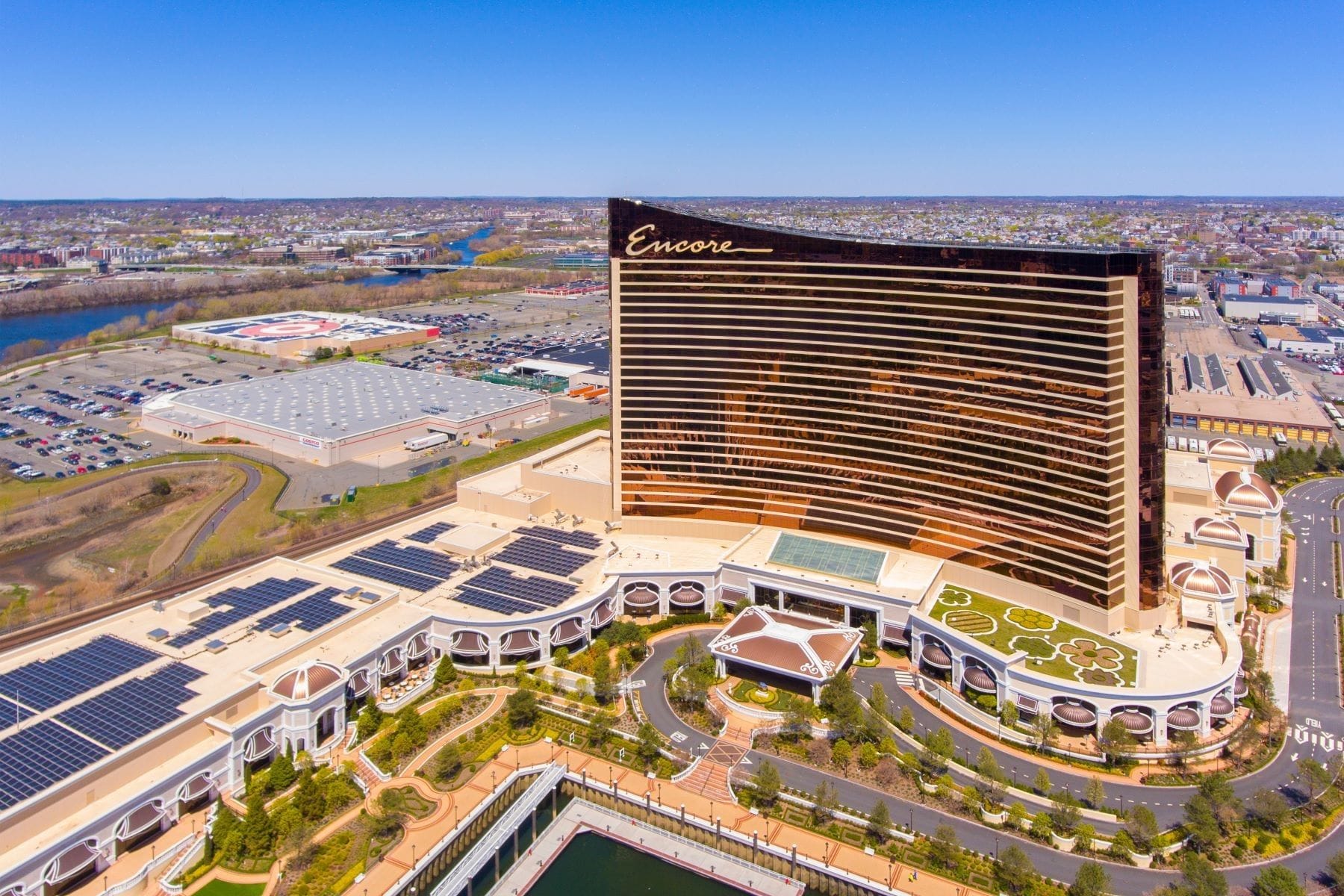$40 Million Discount Dispute for Boston Casino Property Moves to Trial
A high-stakes legal battle over a $40M land price cut for Encore Boston Harbor explores claims of fraud, regulatory influence, and deceptive negotiation tactics.
Updated on
The long-running legal battle between FBT Everett Realty LLC and Wynn Resorts centers around a $40 million discount on the purchase price of land for the Encore Boston Harbor casino. Initially, Wynn agreed to pay $75 million for the property, but the deal was renegotiated to $35 million following allegations concerning one of FBT Everett's associates, Charles Lightbody, who had ties to organized crime. Massachusetts Gaming Commission staff reportedly flagged concerns about a "casino premium" in the land price.
FBT alleges that Wynn Resorts misrepresented the gaming commission’s stance, coercing them into reducing the price under false pretenses. Judge Kenneth W. Salinger, overseeing the case in Suffolk Superior Court, recently ruled that sufficient evidence exists for a factfinder to determine whether Wynn exaggerated the commission's concerns to secure the discount.
The Charges
FBT’s lawsuit includes claims of fraud and unfair trade practices against Wynn Resorts. According to Dustin DeNunzio, FBT’s manager, Wynn's general counsel allegedly issued a stark ultimatum during negotiations, stating, "You're going to do whatever we say...or we're going to sue you back to the stone ages." A letter from Wynn further warned that the Massachusetts Gaming Commission would not approve the casino license unless the purchase price was reduced.
While the court dismissed FBT’s regulatory taking claims against the gaming commission, Judge Salinger found that the commission’s concerns about Lightbody did not amount to a direct mandate for price reduction. Instead, the commission left it to Wynn to navigate the issue independently.
The Trial
The case will proceed to a bench trial in mid-2025. Evidence to be presented includes DeNunzio’s deposition and internal communications from Wynn suggesting that the price cut was essential for securing the casino license. Wynn counters that the gaming commission only outlined concerns but did not demand specific actions.
The trial will likely focus on whether Wynn acted deceptively to leverage the commission's warnings and manipulate FBT into accepting the lower price. Judge Salinger noted that a reasonable interpretation of the evidence supports FBT’s claims but stopped short of pretrial judgment, deferring to the factfinder’s assessment.
The Law Firms Involved
- Todd & Weld LLP represents FBT Everett Realty LLC.
- Mintz Levin Cohn Ferris Glovsky & Popeo PC acts as counsel for Wynn Resorts.
- Anderson & Kreiger LLP defends the Massachusetts Gaming Commission.
What’s Next?
The upcoming trial will scrutinize Wynn's negotiation tactics and whether the company falsely portrayed the commission’s demands. A ruling against Wynn could set a precedent in disputes involving regulatory influence and commercial real estate transactions. Meanwhile, both parties are bracing for a high-stakes courtroom battle as the trial approaches.
This contentious case underscores the complexities of casino development and the high financial stakes that come with Massachusetts' gaming industry.


